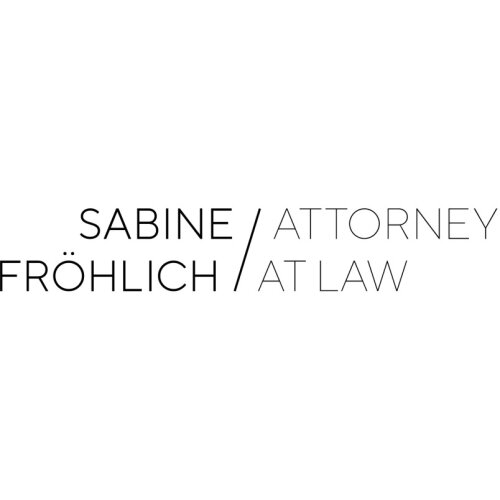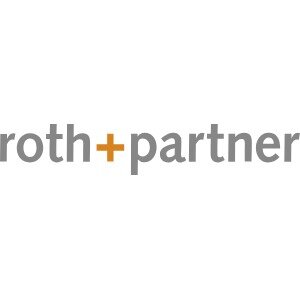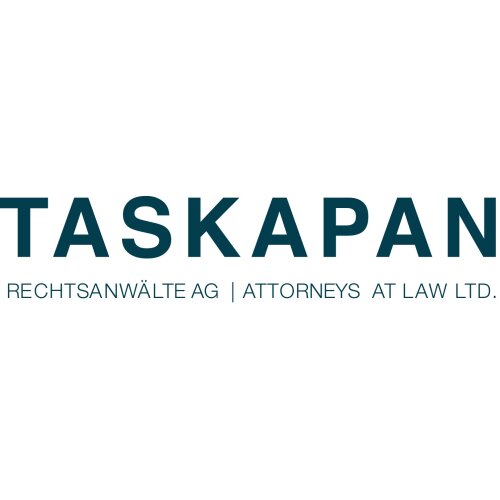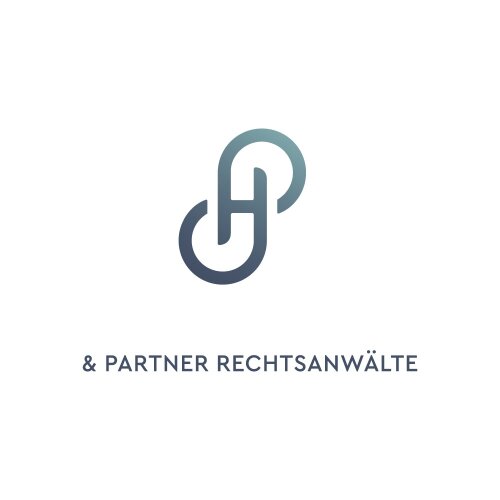Best Energy, Environment & ESG Lawyers in Liechtenstein
Share your needs with us, get contacted by law firms.
Free. Takes 2 min.
Or refine your search by selecting a city:
List of the best lawyers in Liechtenstein
About Energy, Environment & ESG Law in Liechtenstein
Liechtenstein, a small yet economically robust country nestled between Switzerland and Austria, is committed to balancing economic growth with sustainable practices. The legal framework governing energy, environment, and environmental, social, and governance (ESG) standards is designed to preserve the nation’s natural beauty while supporting innovation and investment. In recent years, Liechtenstein has embraced international sustainability standards and regional policies aligned with the European Economic Area (EEA), focusing on energy efficiency, renewable resources, environmental protection, and responsible corporate conduct. The intersection of these areas makes compliance and strategic planning essential for individuals, companies, and organizations active in this sector.
Why You May Need a Lawyer
Engaging a legal expert in energy, environment, and ESG matters is advisable when navigating the complexities of Liechtenstein’s regulatory environment. Some common situations where legal advice may be necessary include:
- Planning or investing in renewable energy projects such as solar or hydropower. - Complying with environmental permits and impact assessments for construction or industrial activity. - Understanding ESG reporting obligations for businesses or investment funds. - Dealing with waste management, water use, or emissions regulations. - Facing administrative actions or disputes related to environmental compliance. - Structuring investments in sustainable finance initiatives. - Purchasing or leasing land that may be subject to environmental restrictions. - Responding to changes in EU or local sustainability regulations and directives. - Integrating ESG considerations into corporate governance or shareholder agreements. - Managing environmental liability or risk in mergers and acquisitions.
Legal counsel ensures you are fully compliant, avoid penalties, and make informed strategic decisions when dealing with energy, environment, or ESG issues in Liechtenstein.
Local Laws Overview
Energy, environment, and ESG regulations in Liechtenstein are closely linked to European and international standards. Key legal aspects include:
- Energy Law: The Energy Act and associated regulations encourage investment in renewable energy sources, energy efficiency, and infrastructure upgrades. There are incentives and obligations for both producers and consumers adhering to European Union and EEA requirements.
- Environmental Protection: The Environmental Protection Act and sector-specific statutes regulate matters like emissions, waste disposal, remediation of contaminated sites, water protection, and conservation of natural habitats. Project developers must often obtain permits and conduct environmental impact assessments.
- ESG Standards: Companies, especially those engaged in finance or investment, are subject to ESG disclosure requirements, driven by EU directives and EEA alignment, such as the Sustainable Finance Disclosure Regulation (SFDR). This impacts reporting, due diligence, and corporate governance.
Regulatory authorities, such as the Office of Environmental Protection and the Financial Market Authority, play a key role in enforcement and supervision.
Frequently Asked Questions
What are the primary energy sources in Liechtenstein?
Liechtenstein’s energy mix includes imported electricity, hydropower, and a growing share of solar energy. The country focuses on expanding renewable energy and reducing carbon emissions.
Do I need a permit for installing solar panels or renewable energy systems?
Yes, permits are typically required for new installations, and you must comply with zoning, building, and environmental regulations. Consulting a lawyer can simplify the process and avoid legal pitfalls.
How are businesses affected by ESG regulations in Liechtenstein?
Businesses, especially those engaged in finance or investment, must disclose ESG risks and implement responsible governance structures. Failure to comply can result in sanctions or reputational harm.
What laws regulate environmental protection?
The main legal framework is the Environmental Protection Act, complemented by sector-specific rules on waste, water, air, and nature protection.
Who enforces energy and environmental regulations?
The Office of Environmental Protection oversees environmental regulations, while the Office of Economic Affairs and the Financial Market Authority supervise energy and ESG matters.
Are there incentives for renewable energy projects?
Liechtenstein provides financial incentives and support for renewable energy investments, but compliance with technical and legal requirements is essential to qualify.
Is environmental liability transferred in a property sale?
Environmental obligations may transfer with the property, subjecting new owners to remediation or compliance requirements. Legal due diligence is highly recommended.
How does Liechtenstein align with EU sustainability regulations?
As a member of the EEA, many EU regulations, such as those on emissions and sustainable finance, are transposed into Liechtenstein’s national law.
What is an environmental impact assessment (EIA) and when is it required?
An EIA is a formal study required for certain projects to assess potential environmental effects. It is mandated for large-scale or sensitive developments.
Can residents or businesses appeal environmental decisions?
Yes, administrative decisions can often be appealed through designated procedures. Engaging a lawyer helps in presenting a well-founded appeal or objection.
Additional Resources
To further understand energy, environment, and ESG regulations in Liechtenstein or seek assistance, consider reaching out to:
- Office of Environmental Protection (Amt für Umweltschutz) for permits and guidance - Office of Economic Affairs (Amt für Volkswirtschaft) for energy regulations and incentives - Financial Market Authority Liechtenstein (FMA) for ESG and sustainable finance obligations - Chamber of Commerce and Industry for business support - Legal and environmental consultancies specializing in energy and ESG compliance
Consulting these organizations can provide you with current requirements, guidance documents, and contacts for further legal advice.
Next Steps
If you need legal assistance regarding energy, environment, or ESG issues in Liechtenstein, here is how to proceed:
1. Clearly define your issue or goal, such as a planned energy project, environmental permit, or ESG reporting need. 2. Gather all relevant documents, including project descriptions, correspondence with authorities, and current compliance records. 3. Research legal professionals or firms with expertise in Liechtenstein’s energy, environmental, or ESG law. 4. Schedule an initial consultation to discuss your situation and possible legal strategies. 5. Work closely with your legal advisor to ensure that applications, disclosures, or negotiations are handled in accordance with local laws and best practices.
Proactive consultation with a specialist prevents costly mistakes, ensures compliance, and supports your sustainability or investment objectives in Liechtenstein’s unique legal environment.
Lawzana helps you find the best lawyers and law firms in Liechtenstein through a curated and pre-screened list of qualified legal professionals. Our platform offers rankings and detailed profiles of attorneys and law firms, allowing you to compare based on practice areas, including Energy, Environment & ESG, experience, and client feedback.
Each profile includes a description of the firm's areas of practice, client reviews, team members and partners, year of establishment, spoken languages, office locations, contact information, social media presence, and any published articles or resources. Most firms on our platform speak English and are experienced in both local and international legal matters.
Get a quote from top-rated law firms in Liechtenstein — quickly, securely, and without unnecessary hassle.
Disclaimer:
The information provided on this page is for general informational purposes only and does not constitute legal advice. While we strive to ensure the accuracy and relevance of the content, legal information may change over time, and interpretations of the law can vary. You should always consult with a qualified legal professional for advice specific to your situation.
We disclaim all liability for actions taken or not taken based on the content of this page. If you believe any information is incorrect or outdated, please contact us, and we will review and update it where appropriate.
Browse energy, environment & esg law firms by service in Liechtenstein
Liechtenstein Attorneys in related practice areas.
Browse energy, environment & esg law firms by city in Liechtenstein
Refine your search by selecting a city.

















